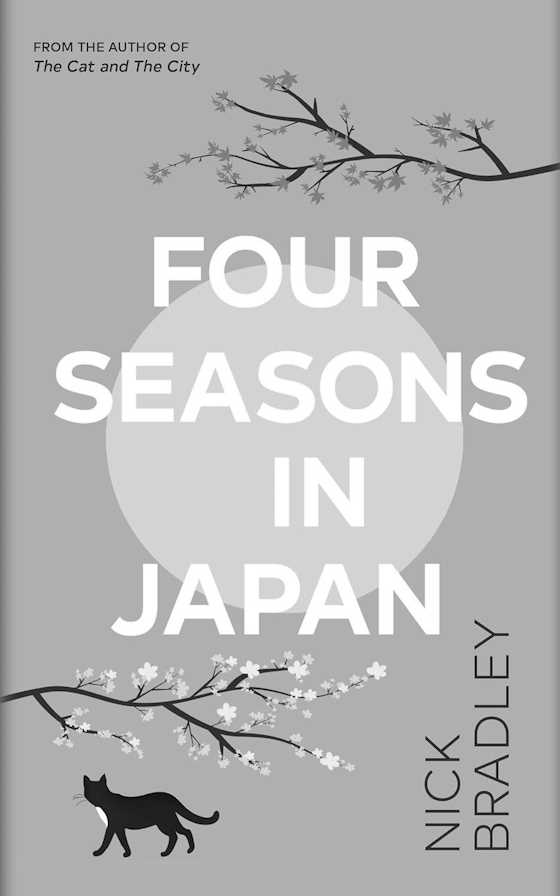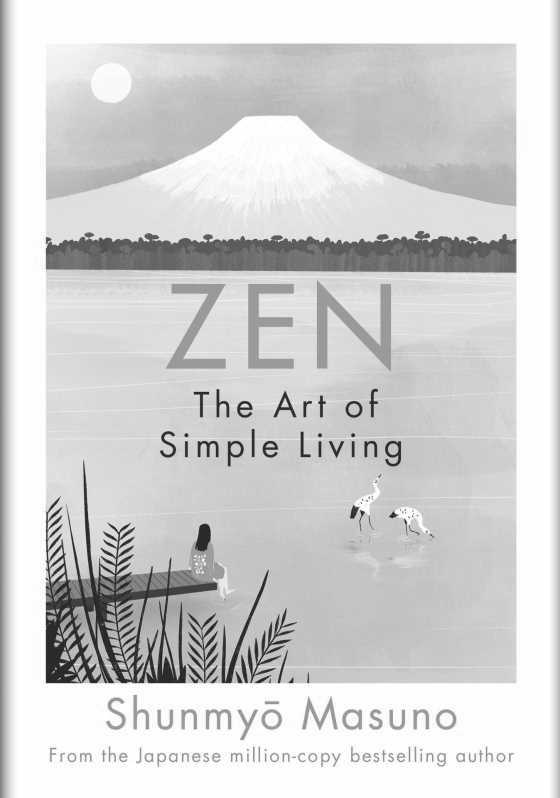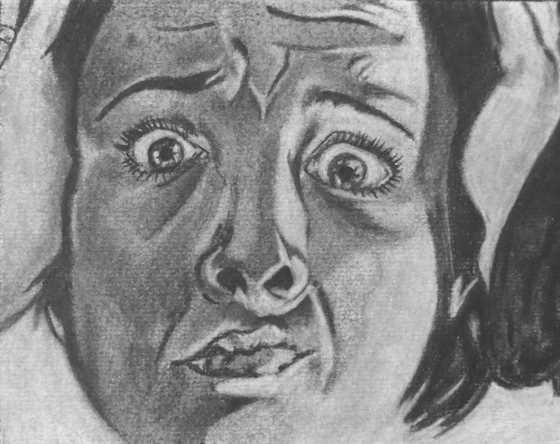
I’m currently rebuilding the website as the old one got totally messed up when i was playing around with things (no idea what happened).
So i thought that while it was a total clusterfuck mess of SQL, i would take the opportunity to give it a whole new life and everything.
So if you go clicking on things you might find that very strange things happen. Don’t moan, i know a lot of things are broken, i’m working on it, it takes time.
I’ve got tons of old posts and pages from three websites that i’m working through and will be gradually posting all the stuff i want to keep on here while fixing all the broken things as i go through, one post, one page, at a time.
On top of doing all that, i will, of course, be continuing to add more new content and my latest posts will always appear directly below.
Or, if you prefer, you can also follow me on Twitter and Pinterest where i put a link to all new posts.
Enjoy
Gingerbread — Robert Dinsdale
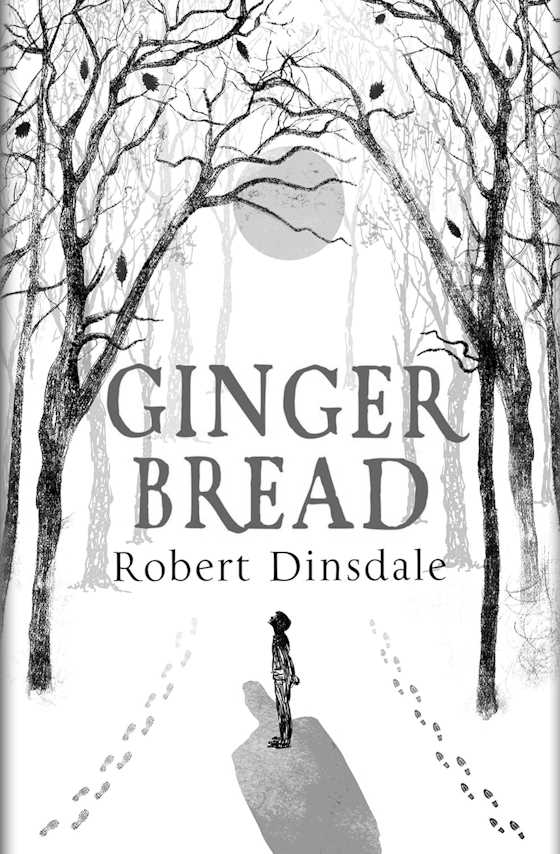 Having been totally blown away by Robert’s 5th book, The Toymakers i put him into Bookbub as one of my saved writers and when this, Robert’s 4th book, popped up, i didn’t need asking twice to read more of Robert’s words.
Having been totally blown away by Robert’s 5th book, The Toymakers i put him into Bookbub as one of my saved writers and when this, Robert’s 4th book, popped up, i didn’t need asking twice to read more of Robert’s words.
And i wasn’t disappointed.
As with The Toymakers, there’s the PTSD element in one of the main characters and how that affects their lives and the people in it. Or, as Robert described it in his interview at the end of this book:
… those wild, desperate places that people learn to bury inside themselves so that, after having endured terrible things, they can find a way to live on.
And Robert does this masterfully, and he does so in a prose that is accessible, flowing, easy to read, and with that perfect level of descriptiveness that the story needs.
Within the story that is Gingerbread, there are tales being told from a grandfather to his grandson. Tales at first that seem just something from folklore and myth, but as we go through the main story the little tales that grandfather tells reveal something far more.
At times this book is harrowing, it moves you, and deeply, or at least if you have any compassion it will.
When Robert published this book he wrote an article for Waterstones about it: “The Truth In The Tales”.
At the end of any book, the question the reader has to ask themselves is, “Do i want to read more from this writer?” After The Toymakers, the answer was a definite absolutely, and after Gingerbread i’m definitely more absolute about it. Yes, i’m absolutely certain i’m going to be reading Robert’s 3rd book, Little Exiles, in the not too distant future as it’s in “The Pile”, and i’m also very much looking forward to many more incredible books from Robert in the years ahead, i’m hooked.
Sadly, Robert’s first and second book aren’t yet in Kindle format — we live in hope.

Robert’s Page
#robertdinsdale
The Toymakers — Robert Dinsdale
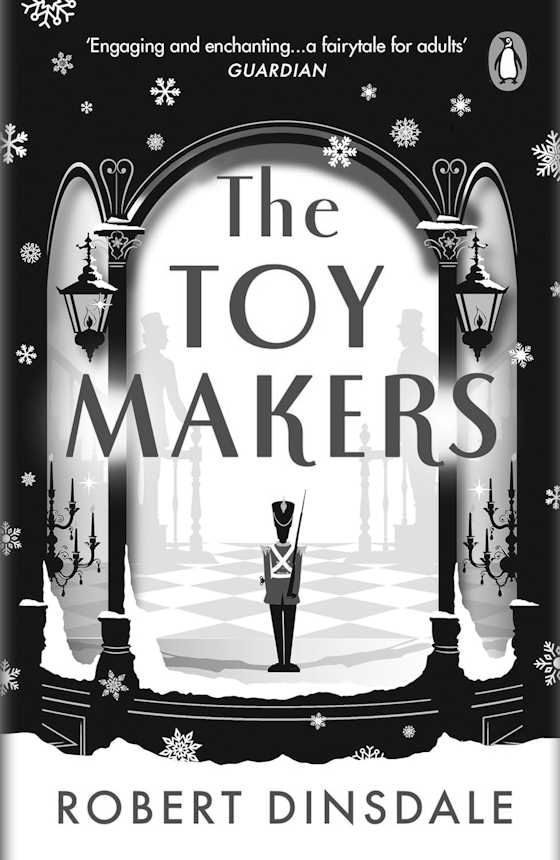 When this book came up on Bookbub as a 99p deal i was immediately attracted to it. Yes, i do judge books by their covers, and also by their titles. So i went to Amazon to check it out and it stated that it would suit those who enjoyed reading The Night Circus.
When this book came up on Bookbub as a 99p deal i was immediately attracted to it. Yes, i do judge books by their covers, and also by their titles. So i went to Amazon to check it out and it stated that it would suit those who enjoyed reading The Night Circus.
So as i’d very much enjoyed The Night Circus and with it being only 99p i went ahead and bought it.
But to be quite honest, it’s nothing like The Night Circus: they’re 2 very different books, IMHO.
The Toymakers is, at the end of the day, a story very much about unrequited love, sibling envy, and PTSD; whereas The Night Circus is neither of those things.
While both are set in magical spaces, there are no other real similarities whatsoever.
But having said all that, i did very much enjoy reading this book. It is a fantastic journey through decades of 20th century London, including WW1 and WW2. It delves well into PTSD and its affects on those who come back from the horrors of war and have to fit back into the lives they left behind.
And the ending …
… well, i never expected that. What a wonderful twist in the tale.
If you’re looking for a really decent read, then look no further than The Toymakers. I doubt many will be left disappointed.
Superb!

Robert’s Page
#fantasy #robertdinsdale
Septimania — Jonathan Levi
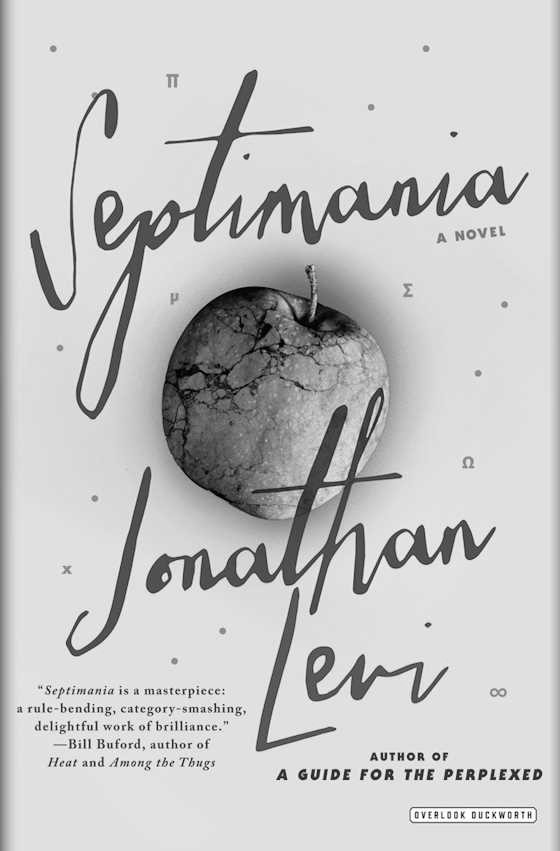 Have you ever found yourself in a dream that is just totally fucked up and makes no sense, but you’re dreaming, you have no choice, and the dream just goes on until you finally wake up in a cold sweaty bed needing a change of sheets, a hot shower and mug of cocoa?
Have you ever found yourself in a dream that is just totally fucked up and makes no sense, but you’re dreaming, you have no choice, and the dream just goes on until you finally wake up in a cold sweaty bed needing a change of sheets, a hot shower and mug of cocoa?
Well this is the literary equivalent of that dream, but it’s not your own fucked up dream, it’s someone else’s fucked up dream, and you’re stuck in it until the end.
I say “you’re stuck in it”, like you couldn’t just delete it from your Kindle if you wanted to, but that’s the thing, you just don’t want to — or perhaps you just can’t. Like the fucked up dream, you just seem get stuck in this book and you continue to read, page after page, and have to wait until the very end when it decides it’s going to release you from its clutches.
I won’t say more as i wouldn’t want to spoil it for any other literary masochists out there, other than “buyer beware”: it will seriously disturb you that you wasted your time reading it — you’ll never be the same again — you have been warned!
Seriously though, it’s a classic! 

Jonathan’s Page
#jonathanlevi
Lotus Blue — Cat Sparks
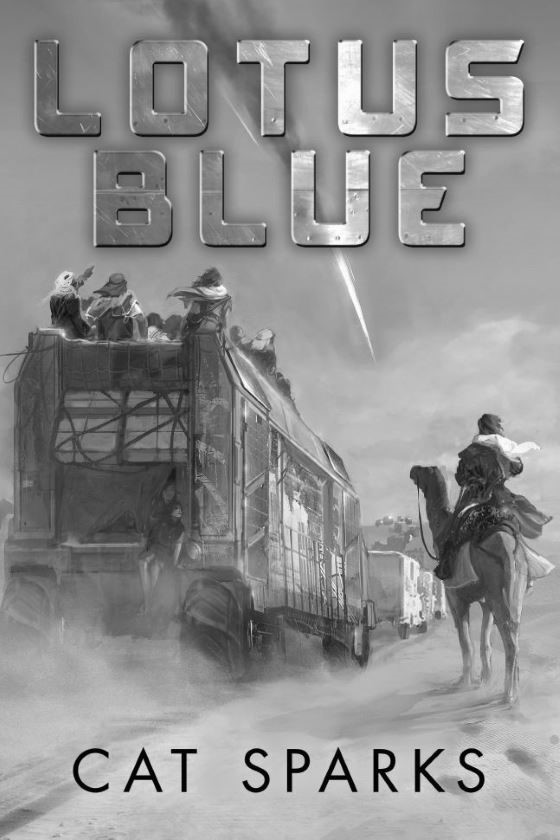 I really enjoyed the book right up until the end, which just didn’t seem to come up to the standard of the rest of the book. After a really enthralling adventure it really felt like the ending was rushed to its conclusion.
I really enjoyed the book right up until the end, which just didn’t seem to come up to the standard of the rest of the book. After a really enthralling adventure it really felt like the ending was rushed to its conclusion.
It’s not too far fetched to imagine a future like the one depicted within this book, or the causes for it. The more we begin to rely on drones and augmented soldiers to fight wars, slowly but surely handing over more and more control to computer intelligence, the closer we get to the characters in the book and ultimately entities like Lotus Blue.
I’m hoping the ending in this book isn’t the end and that there’ll be more books in this dystopian future.

Cat’s Page

#dystopian #catsparks
The Night Circus — Erin Morgenstern
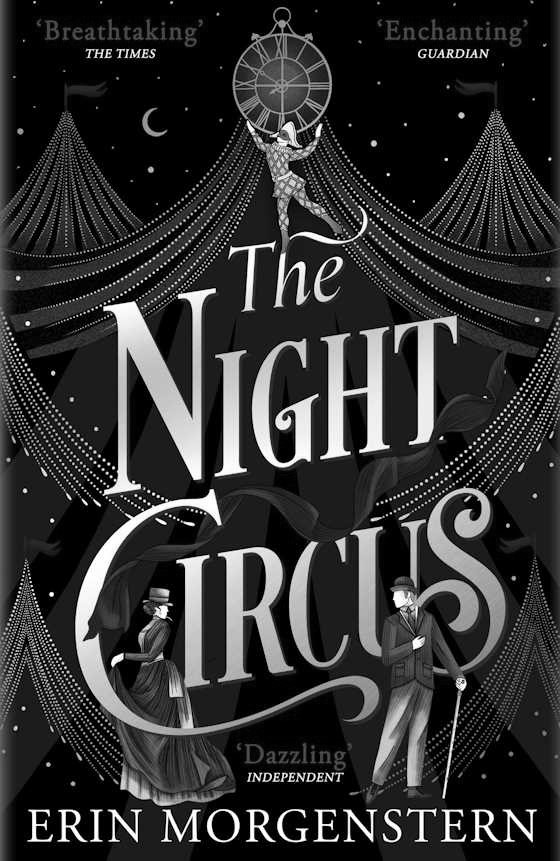 A wonderful piece of fantasy writing, and certainly not the normal fantasy stuff that seems to be churned out a lot these days. I would put it on the shelf along side Neil Gaiman’s Stardust — if you liked that then you’ll like this.
A wonderful piece of fantasy writing, and certainly not the normal fantasy stuff that seems to be churned out a lot these days. I would put it on the shelf along side Neil Gaiman’s Stardust — if you liked that then you’ll like this.
The Night Circus is a wonderfully imagined place and i would love to read more stories from within and around it’s fence. There’s definitely a lot of space within The Night Circus for more fun and adventure to be played out in further novels.

Erin’s Page

#fantasy #erinmorgenstern
The Shipping News — Annie Proulx
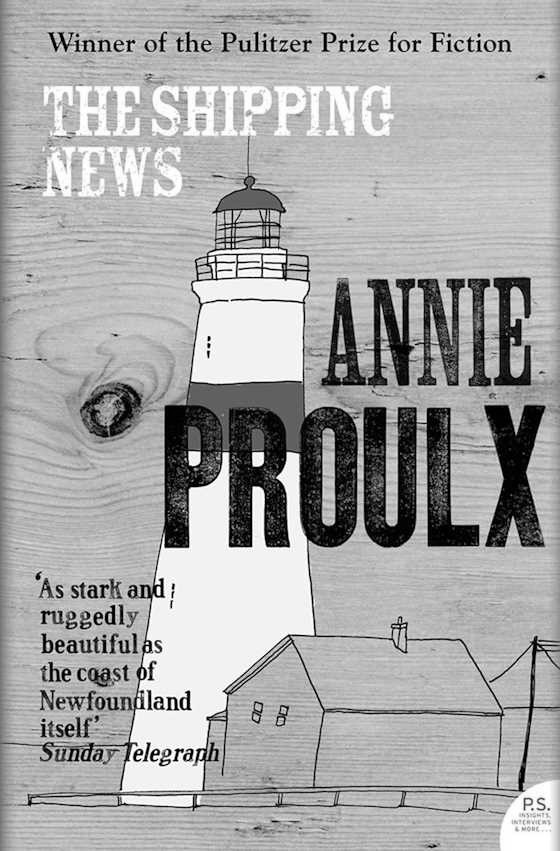 Having read Accordion Crimes years ago, i set Annie as a saved author in my Bookbub account in the hope of getting a cheap copy for my kindle so i could read it again sometime.
Having read Accordion Crimes years ago, i set Annie as a saved author in my Bookbub account in the hope of getting a cheap copy for my kindle so i could read it again sometime.
But instead of the hoped for Accordion Crimes, Bookbub sent me an email for this book instead. So i clicked straight through to Amazon in the hope of more of the fantastic writing i had enjoyed so much in Accordion Crimes: i wasn’t disappointed.
Once again, Annie’s writing and attention to detail is incredible, and she really takes you on the journey of the main protagonist as he settles into his new life in Newfoundland.
One thing this book does do is convinces me that i never, ever, want to go to Newfoundland, and it does make me wonder why Annie would buy a summer house there: possibly for inspiration?
Anyway, if you’re looking for a great read you can’t really go wrong with Annie Proulx, and i very much look forward to Bookbub sending me some more great offers of her books in the future.

Annie’s Page

#annieproulx
Night Train to Lisbon — Pascal Mercier
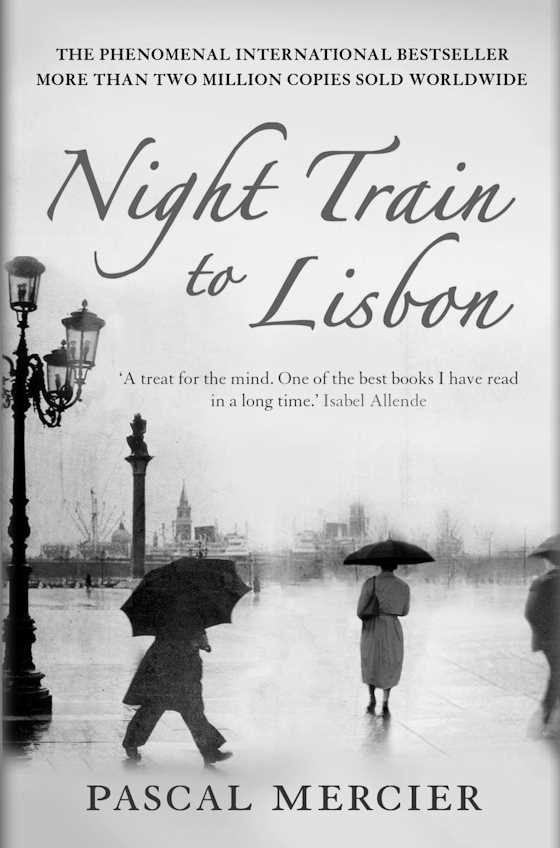 As someone who totally enjoys philosophy Huxley style, i found this book absolutely wonderful and incredibly thought provoking.
As someone who totally enjoys philosophy Huxley style, i found this book absolutely wonderful and incredibly thought provoking.
I really do love good philosophers who are able to place deep philosophical discourse into novels that can either be read just as stories and/or as works of philosophy. Aldous Huxley was a master at this after becoming annoyed that only academia would ever read his philosophy papers and went in search of a much broader demographic — which Huxley certainly achieved. Peter Bieri, AKA Pascal Mercier, while not having written as much as Huxley, certainly matches him, IMHO, for depth of thinking and skill of writing.
What i really enjoy about the philosophical novel is that, to my mind, it frees up the thinking of the philosopher to say much, much more than if they were simply writing an academic paper. In a novel the philosopher can ascribe thoughts and ideas to fictional characters and not then have to carry any burden for holding such a view point themselves, whether they do or not, they can simply blame it upon the character and distance themselves from it entirely; while in academic philosophy what is written is pretty much always blamed on the philosopher. History is littered with examples of people punished, tortured and/or killed simply for writing or saying the wrong thing, and has shown that philosophers are more than willing to whore themselves to whatever views the ruling classes, peers and/or academia hold at the time. You only have to go to universities where future philosophers are trained to write what their professors want else they don’t get their degrees.
The philosophical novel, therefore, can be far more honest and express a much broader scope of ideas than any academic paper.
Anyways, get your thinking cap on if you want to read this one. It’ll certainly get the neurons fired up.

Pascal’s Page

#philosophy #pascalmercier
Peter Pan — J.M. Barrie
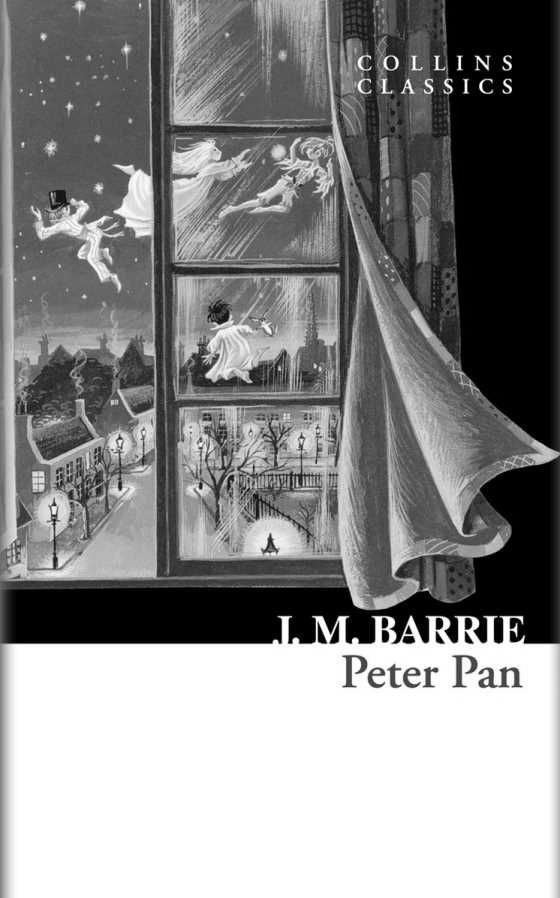 I’m quite confused by this story.
I’m quite confused by this story.
At 54 years old i really don’t remember Peter Pan from my childhood days, but i admit that i had the impression from films and things that he was quite a nice character — as was Tinkerbell. However, in this, the real story behind it all, Peter Pan isn’t really a nice character at all — and Tinkerbell certainly isn’t either.
Most of the time, Peter is nothing but a gloating little spoiled brat who always has to have his way else he spits his dummy out of his pram. And Tinkerbell, it has to be said, is a complete little bitch. But then you get moments in the story, in complete contrast, where the 2 of them are bestowed with all manner of wonderful virtues.
Who i did find interesting, however, was the character of James Hook, who was far more complex than the films, etc., would have us believe — frightened and out of his depth, yet somehow always managing to survive — until the end.
Apparently, the character of Peter Pan was based on Barrie’s older brother who died as a child, and therefore never grew up. So it does make one wonder just what Barrie thought about his older brother and how he was affected by his death and his parent’s attitude to it. He was 6 when his brother died and then sent away, from home to school, at 8. Barrie did write a biographical piece about his mother, Margaret Ogilvy, which maybe would unearth some clues, so i’m going to read that next to find out.
At the end of it, for now at least, i’m left thinking that this is nothing but a critique by Barrie of how his parents handled his brother’s death, and also parenting in general (as seems to be quite a bit of The Little White Bird). Although Barrie became a ward of other children, he never had any children of his own, so there is this to factor into these stories.
One of the things that also stands out for me, is how Peter chops of Hook’s hand and feeds it to the crocodile that is always ticking and haunting Hook for the rest of his life. Is this a metaphor concerning the death of his brother taking a piece of his parents with him and their inability to move on from the tragedy for the rest of their lives, forever ticking away reminding them of their own mortality? And Hook’s view towards the children maybe adds more clues.
At the end of the day, you can read Peter Pan as a shallow, children’s, make believe, bedtime story book, or you can look deeper into what Barrie’s drive was to write these books in the first place. It’s certainly very different to Lewis Carroll’s drive to write the “Alice and Wonderland” books — less said about that the better, i think. But whichever way you decide to read Peter Pan i think you’ll certainly enjoy it. It’s a beautifully written piece of Victorian literature that has stood the test of time and will undoubtedly stand up to a lot more time in the future.
As a bonus, this version of Peter Pan has a “Classic Literature, words and phrases” dictionary at the end (which is nearly as big as the book itself). So a great help for anyone wanting to have a good Vic Lit adventure.
Some more “Peter Pan and Neverland” books.

J. M. Barrie’s Page

#jmbarrie #peterpan #viclit
Red Queen — Christina Henry
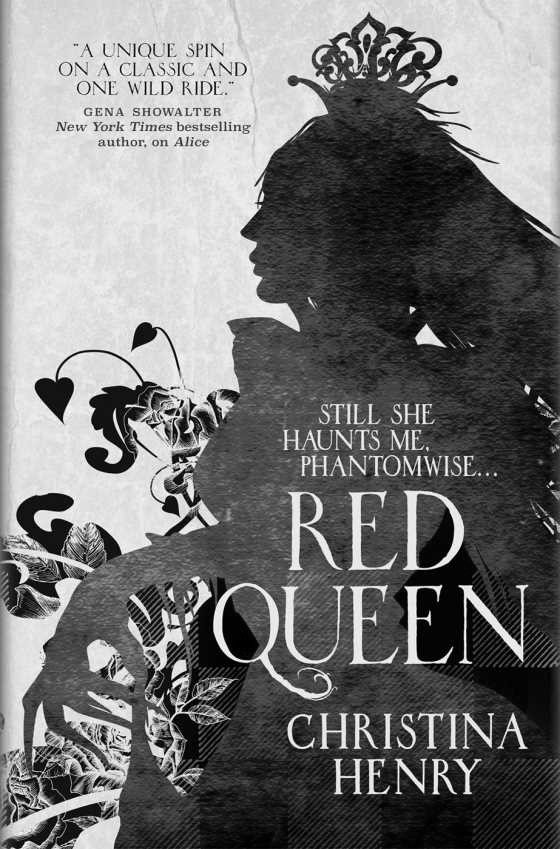 I really enjoyed reading Alice and was expecting a bit more of the same, but this book feels quite different.
I really enjoyed reading Alice and was expecting a bit more of the same, but this book feels quite different.
Whereas Alice had me feeling like i was reading the adventure of an escaped patient from a max security mental hospital who hasn’t had her meds and has gone into full blown psychosis; Red Queen read far more like normal fantasy, probably due to Alice finding her magical abilities in this book. Both books have been great in their own way and i’ve thoroughly enjoyed reading this wonderful new take on Alice in Wonderland.
I certainly look forward to reading more from Christina in the future.
Here be some more “Alice and Wonderland” books.

Christina’s Page
#aliceinwonderland #fantasy #ChristinaHenry
Alice — Christina Henry
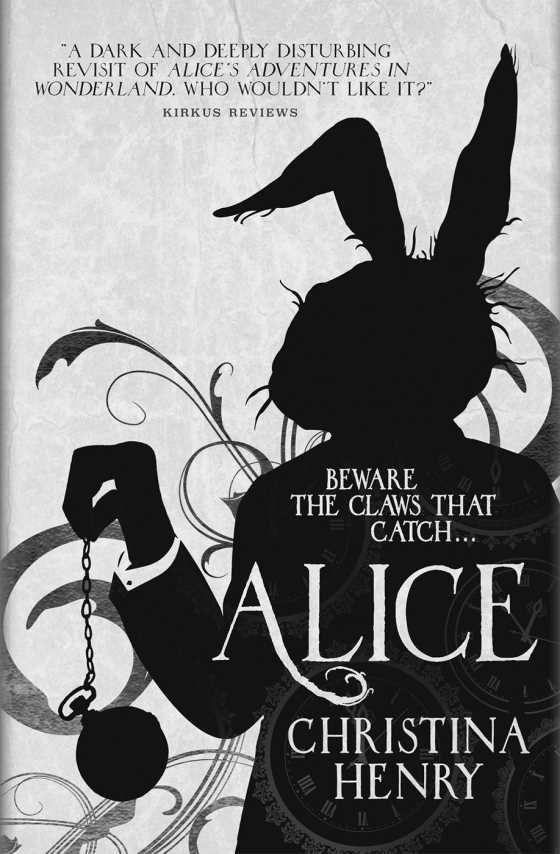 Wow. This was awesome.
Wow. This was awesome.
This can pretty much be read as the story of a paranoid schizophrenic who has escaped from a max security mental hospital and is rapidly withdrawing after being heavily medicated for years on anti-psychotics. It truly has the hall marks of full blown psychosis.
Of course, you can read it as a fantasy novel that bears no relevance to the real world if you don’t want to think about why people in full blown psychosis due to rapid withdrawal of anti-psychotic meds go around killing people.
Whichever way you want to read this, it’s a fantastic re-telling of the Alice in Wonderland story.
Straight onto Red Queen now. I’m so looking forward to more of Alice and Hatcher.
Here be some more “Alice and Wonderland” books.


